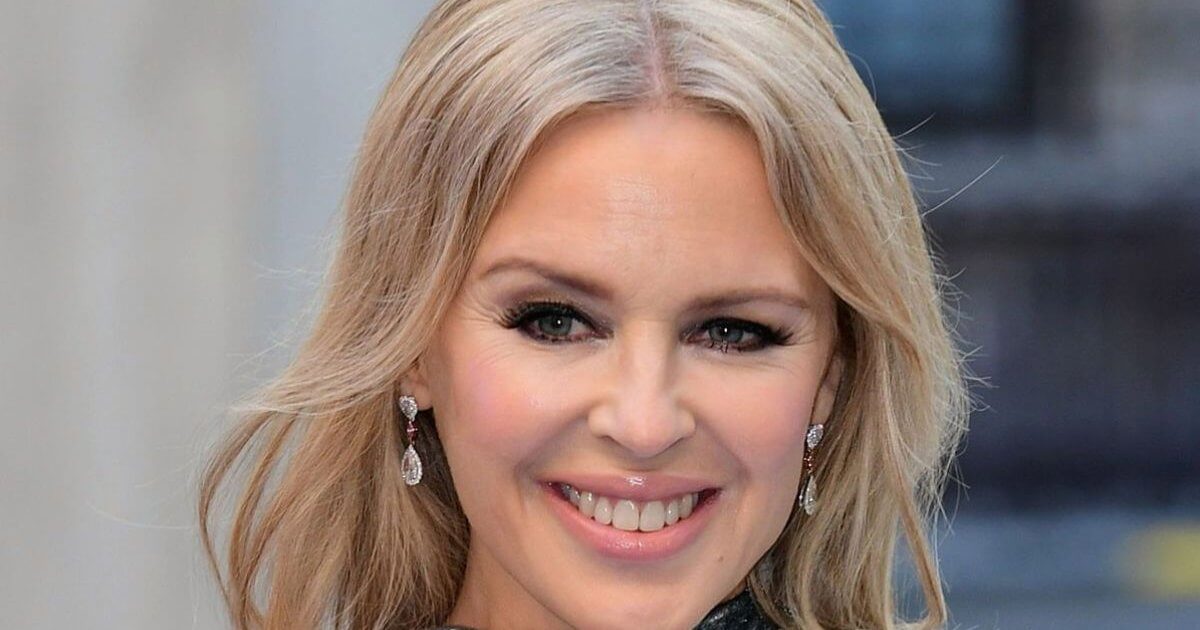Perspective and Cancer
- Singer and breast cancer survivor Kylie Minogue just moved back to her home country of Australia after living in England for the last 30 years. She wants to be closer to family, and she’s previously said how they helped her tremendously through her cancer battle.
- Breast cancer has been the subject of much research, and there are a lot of treatment options for people with the disease. Looking into whether a specific person’s cancerous cells have certain receptors the estrogen receptor, the progesterone receptor and the HER2 receptor can help identify the unique features of the cancer and help personalize treatment.
- Breast cancer survivor Fernanda Savino says that cancer brought her clarity. Now, the former workaholic has a new appreciation for her body and her family.
Minogue, 53, was diagnosed with breast cancer in 2005 when she was just 36 years old. The diagnosis came right before she was set to perform at the famous Glastonbury Festival that year, so she had to put her career on hold. Instead of headlining the iconic event, she watched it on TV from Australia with her mom, Carol, and dad, Ron, as she underwent an eight-month cycle of chemotherapy and radiation.
Kylie Minogue’s Big Move
Read MoreAccording to the Daily Mail, Minogue told friends she wanted to be closer to her family. Add it’s likely that desire has only grown since her battle with cancer. In a older interview with Who Magazine, she shared how cancer changed her life.
“Cancer changed many things forever, and some things didn't change at all,” she said. “My view of the world was different, my destination, for the most part, was the same. Broader, for sure. I was even more passionate about the people and things that I loved, but life as I had known it was on hold.”
Specifically speaking of her family, Minogue said they helped her more than she could ever express.
“People shone so bright for me in those dark days,” she said. “The strength my family showed was extraordinary.”
Understanding Breast Cancer
Breast cancer is a common cancer that has been the subject of much research. Many women develop breast cancer every year, but men can develop this cancer too though it is more rare, in part, due to the simple fact that they have less breast tissue.
There are many treatment options for people with this disease, but treatment depends greatly on the specifics of each case. Identifying these specifics means looking into whether the cancerous cells have certain receptors. These receptors the estrogen receptor, the progesterone receptor and the HER2 receptor can help identify the unique features of the cancer and help personalize treatment.
"These receptors, I like to imagine them like little hands on the outside of the cell, they can grab hold of what we call ligands, and these ligands are essentially the hormones that may be circulating in the bloodstream that can then be pulled into this cancer cell and used as a fertilizer, as growth support for the cells," Dr. Elizabeth Comen, a medical oncologist at Memorial Sloan Kettering Cancer Center, previously told SurvivorNet.
The Unique Features of Breast Cancer: Deciding the Right Course of Treatment
One example of a type of ligand that can stimulate a cancer cell is the hormone estrogen, hence why an estrogen receptor positive breast cancer will grow when stimulated by estrogen. For these cases, your doctor may offer treatment that specifically targets the estrogen receptor. But for HER2 positive breast cancers, therapies that uniquely target the HER2 receptor may be the most beneficial.
A Change of Perspective after Cancer
No one ever wants cancer in their lives, but it is something that can truly put life into perspective. SurvivorNet has heard from our community of survivors time and time again that cancer helped them make positive changes whether it be exercising more, eating healthier, making time for the activities that bring them joy or spending more time with loved ones.
For breast cancer survivor Fernanda Savino, her experience with the disease forced her to slow down and gave her a whole new appreciation for her body and loved ones.
"I'm a lawyer, and I used to be such a workaholic," Fernanda previously told SurvivorNet. "I would work for long hours, and I would never make room for doctor appointments or anything like that.
"I started to take care of my health and be more respectful to my body, to me. I started to exercise more."
Like so many others, Fernanda also said she relied on a lot of support from her loved ones something she’ll always be grateful for.
"I had all the support … my family, my friends, even the ones that weren't so close, they always were present," she said. "I don't know how I would have gotten through all of this without them."
Learn more about SurvivorNet's rigorous medical review process.


